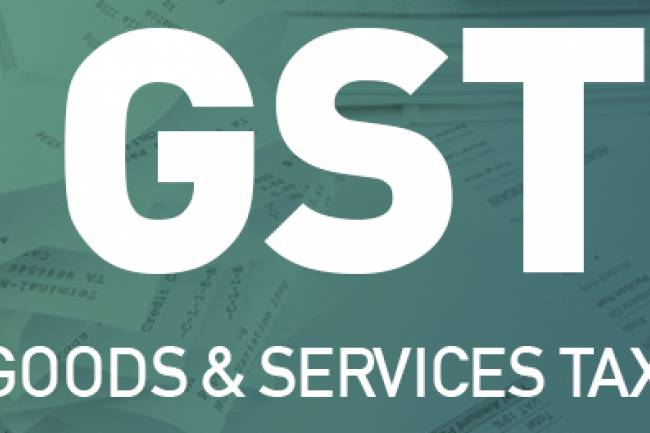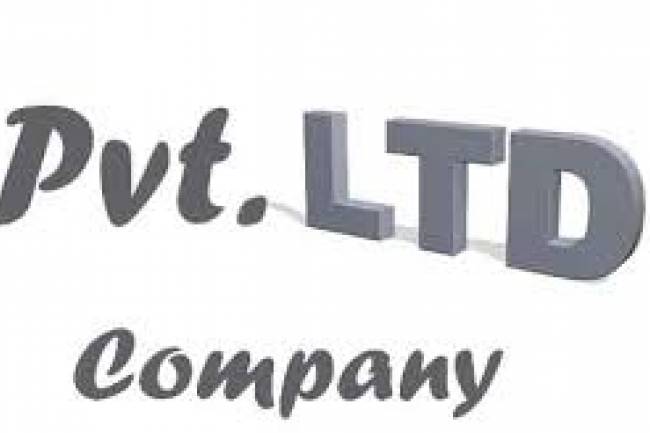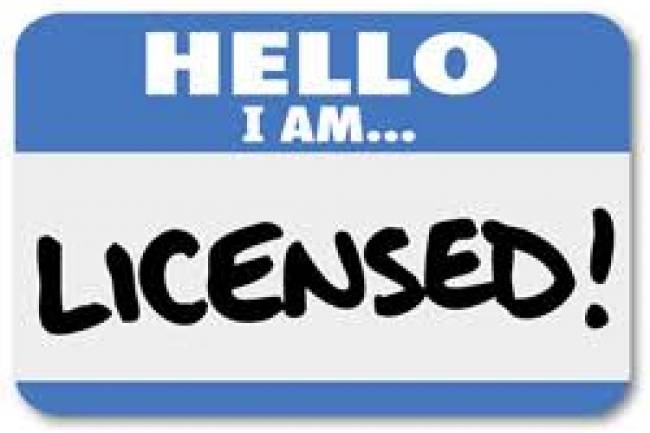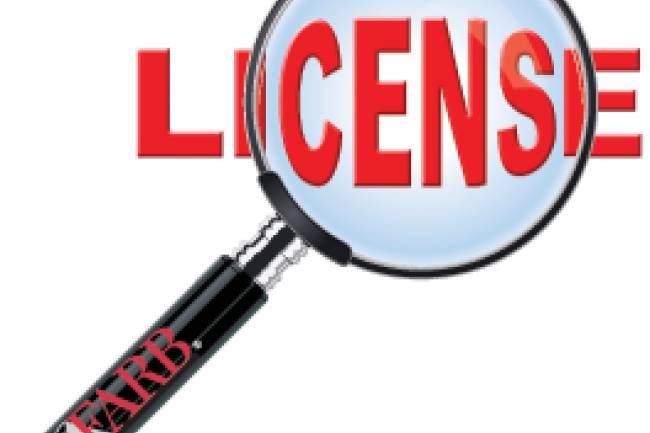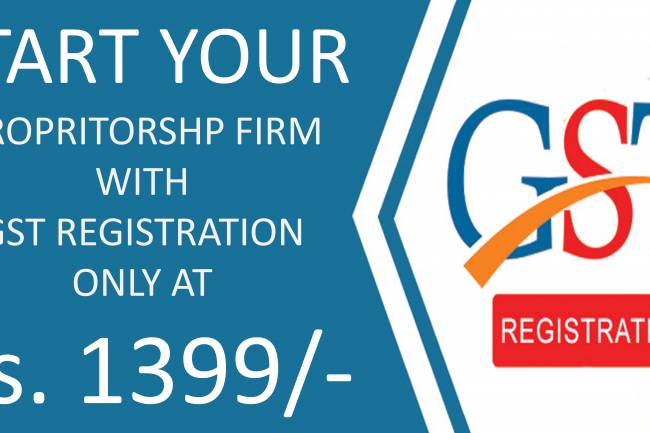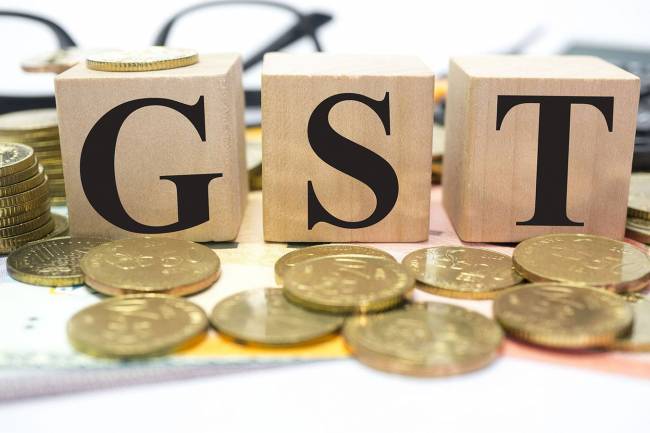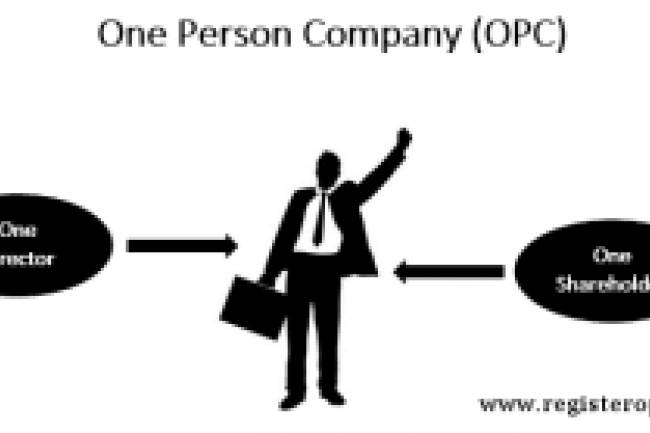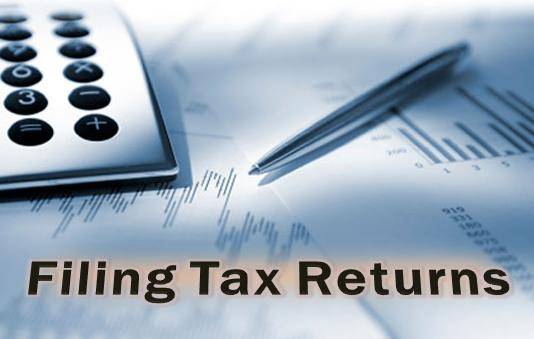
What are some unusual ways of saving income tax in India?
HUF Creation: HUF is considered as a separate entity which has its own PAN No and is therefore taxed separately. This helps to separate tax obligations of an individual from that of his family. Tax slabs of HUF are same as that of an individual, and qualify for all the tax benefits under Section 80C, 80D, 80G, 80L and so on. It also enjoys exemptions under Section 54 and 54F with respect to capital gains. The HUF is also entitled to claim deduction for interest on self occupied house property of Rs. 2, 00,000 in a year as per section 24 of the Income-tax Act.
Buy House with Parent or Siblings as joint-owners: - You can have your spouse/parent/siblings as co-owner and all the co-owners can claims the tax deductions of 1 lacs for principal and 2 lacs for interest part. So if you take a housing loan with your siblings as co-owner of property and co-Borrower of loan, the loan amount interest and principle paid will be available for tax exemption in ratio of your loan amount.
Note: The co-owner who falls in the higher tax bracket should hold a higher proportion of home loan to make sure that the tax benefits are maximized.
Stamp Duty and Registration Charges for a home: Many people don't know that the amount you pay as stamp duty when you buy a house and the amount you pay for the registration of the documents of the house can be claimed as deduction under section 80C in the year of purchase of the house. An important point to note here is that you should be in possession of the house if you want to claim these deductions. So in case of underconstruction properties, you lose out on claiming this deduction as per the income tax.
Even Interest payment to friends and relatives can be claimed u/s 24 but only against a certificate received from them. In the absence of the certificate, you would not be eligible for the deduction. The recipient of interest income who issues the certificate is liable to pay tax on the interest income that he receives. As far as the principal payments are concerned, they would not qualify for tax benefit as loans only from notified institutions and banks are eligible for such deductions.
Get deduction for rent even without HRA: - Under Section 80GG, you can claim deduction of the rent paid even if you don’t get HRA. However not many people are aware of this deduction. If you are not being paid any HRA or don’t have any housing benefit from employer. The deduction shall be the least of the following:
1) Rent paid minus 10 percent the adjusted total income.
2) Rs 5,000 per month.
3) 25 percent of the adjusted total income.
Note: If you are staying with your parents, you can pay them rent. If they don’t have significant income, it would mean you save tax on rent paid and even your parent’s income does not cross the tax limits, which is a win-win situation.
Declare your losses in tax return to save tax in future:-Income Tax law allows you to set off losses in one against gains in another, depending upon the various criteria. Also if you have only losses this year and no profits,you can show this loss in your tax returns and carry forward and set-off this loss against any future profits for next 8 years
Clubbing income of disabled child: - If you invest in the name of your spouse or minor child, the income from the investment will be clubbed with your income under Sec 64 and taxed accordingly. However, if the child is disabled, the income from investments made in his name will not be clubbed with the income of parents. Parents can use this provision to invest in taxable instruments like fixed deposits and debt funds.
I am giving below a brief on some of the Popular allowance / Exemption and deductions, benefit of which can be taken by the salaried taxpayers to reduce their tax burden.
For Deductions under chapter chapter VIA go through this link Income Tax Deductions for A.Y. 2014-15/ 2015-16 for Salaried
Maximising your tax saving.
Exemptions/reimbursements – Identify the reimbursements available from the company and take maximum advantage of the same. Normal expenses that one incurs could help save tax. Example- Telephone/fuel reimbursements, meal vouchers and company car. A person in lower tax slabs can reduce his tax liability to nil with exemptions alone.Similarly, salaried employees staying in rented apartments can claim exemption under Section 10(5) of the Act in respect of house rent allowance by making the HRA a component of there salary.
Some of The Popularly Known Exemptions/Reimbursements
Transport Allowance
Rs 800 / Month (1600 Per Month from A.Y. 2016-17)
Leave Travel AllowanceTwo trips in a block of 4 Yrs Amount not exceeding Air Economy or Rail AC I Fare shall be for shortest distance and for a single destination
Medical Reimbursement – Section 17(2) provisoUp to Rs. 15,000 in aggregate in a year
Medical premia upto a maximum of Rs 15,000 (Rs. 20000/- wef A.Y. 2016-17) qualifies for deduction, with an additional Rs 15,000 for parents. Additional deduction of 20,000/- (Rs. 30000/- wef A.Y. 2016-17) could be availed in case of a senior citizen.You can claim a separate deduction for medical premium of your parents.
A person who have spent money on the maintenance (including medical treatment) of dependant persons with disability, could avail deductions 80DD of the Act.
Individuals paying interest on education loan should obtain the interest payment certificate under section 80E of the Act.
Those who are suffering from not less than 40 per cent of any disability is eligible for deduction to the extent of Rs. 50,000/- and in case of severe disability to the extent of Rs. 100,000/- under section 80U of the Act.
In the last budget, the Finance Minister offered an additional tax benefit of Rs:50,000 per year for investment in NPS. This tax benefit is available exclusively to NPS under Section 80CCD (1B). Moreover, this benefit of Rs 50,000 is over and above Rs 1.5 lacs under Section 80C.
Last but not the Least
Keep in mind the below points, to avoid the hassles of last minute tax planning:
- Give your employer details loans and tax saving investments before hand, to prevent any excess deduction.
- Check the Form 16 received at the end of each year from your employer thoroughly.
- Check Form 26AS whether the effect of TDS deducted has been reflected there or not.
- It is important to start your tax planning well before 31st March, and to file your returns before the 31st of July each year.
Visit HireCA.com Now




